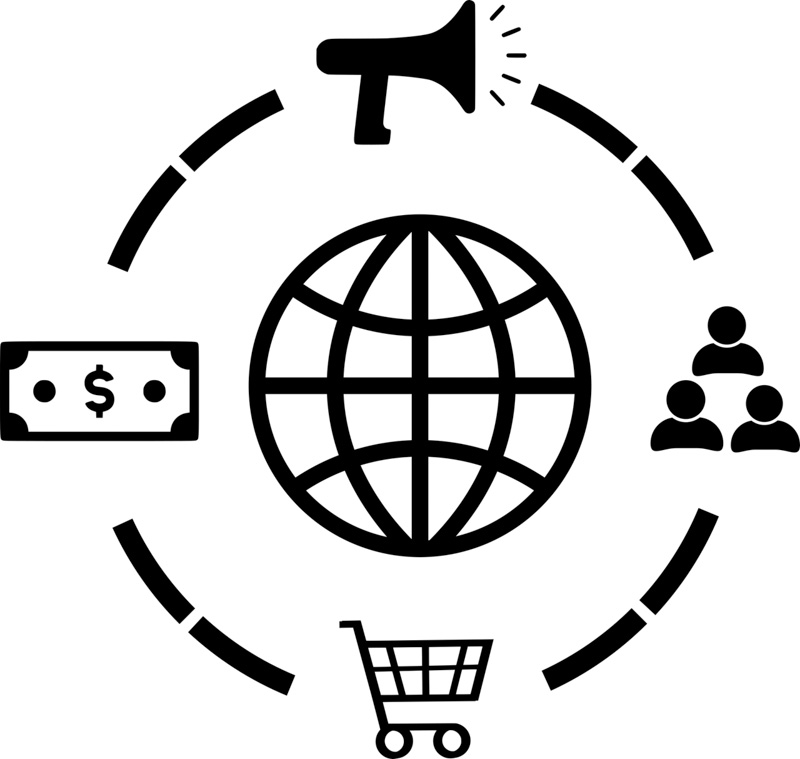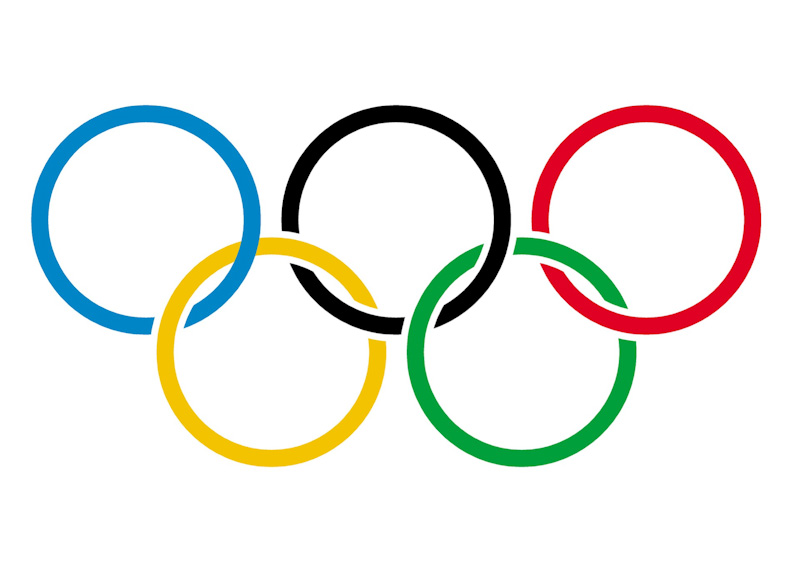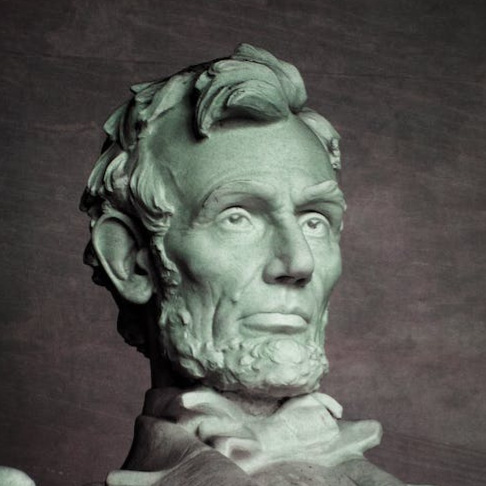Issue 6 - September 2023
Section 1 - Internet Marketing Articles
Affiliate Marketing vs. Network Marketing: Which is Right for You?

In the vast realm of business and entrepreneurship, various avenues offer opportunities for individuals to generate income, often with flexible schedules and the potential for substantial earnings. Two popular models that frequently come up in conversations are affiliate marketing and network marketing. While they share similarities, they operate on distinct principles and strategies. In this article, we'll delve into the differences, benefits, and considerations of affiliate marketing and network marketing, helping you determine which path aligns with your goals and aspirations.
Understanding Affiliate Marketing
Affiliate marketing is a performance-based strategy where individuals (affiliates) promote products or services for companies. Affiliates earn a commission for each sale, click, or lead generated through their marketing efforts. The appeal of affiliate marketing lies in its simplicity and flexibility. Here's a closer look at its key attributes:
1. Low Barrier to Entry
Getting started in affiliate marketing typically requires minimal investment. Affiliates can join affiliate programs offered by companies and receive unique tracking links to promote products. This accessibility makes it an attractive option for those seeking an additional income stream.
2. No Inventory or Customer Service:
Affiliate marketers don't handle product inventory or customer service. Their focus is on promoting products through various channels, such as websites, blogs, social media, and email marketing.
3. Diverse Product Range:
Affiliate marketing covers a wide spectrum of industries and niches. Affiliates can choose products that align with their interests, expertise, and target audience.
4. Performance-Based Earnings:
Affiliates earn commissions based on their performance. This means that the more effective their marketing efforts are, the higher their potential earnings.
Understanding Network Marketing
Network marketing, often referred to as multi-level marketing (MLM), involves individuals becoming representatives or distributors of a company's products. They earn income through both direct sales and recruitment of other distributors. Network marketing companies often emphasize building a team or network to maximize earnings. Here are some key characteristics of network marketing:
1. Leveraging Networks:
Network marketers earn not only from their own sales but also from the sales of their recruits (downline) and the recruits of their recruits. This creates a hierarchical structure where distributors benefit from the collective efforts of their network.
2. Focus on Recruitment:
While direct sales are part of network marketing, recruiting new distributors is also crucial. Building a strong team is often associated with higher earnings potential.
3. Emphasis on Training and Support:
Reputable network marketing companies provide training, resources, and mentorship to help distributors succeed. This support is intended to help individuals navigate the complexities of sales, recruitment, and business operations.
4. Product Diversity:
Like affiliate marketing, network marketing covers a range of products, from health supplements to beauty products. Distributors often choose products they believe in and use themselves.
Choosing the Right Path for You
When deciding between affiliate marketing and network marketing, several factors come into play:
1. Goals and Interests:
Consider your goals and interests. Are you passionate about a specific product or industry? If so, affiliate marketing might allow you to focus on promoting products you genuinely believe in. On the other hand, if you enjoy building teams and mentoring others, network marketing could align with your leadership aspirations.
2. Work Style:
Think about your work style and preferences. Affiliate marketing offers more autonomy, while network marketing involves a combination of individual efforts and team collaboration.
3. Risk Tolerance:
Affiliate marketing carries lower financial risk since it doesn't require significant upfront investments. Network marketing may involve purchasing starter kits or inventory, which could impact your initial costs.
4. Time Commitment:
Both models require time and effort, but network marketing may involve more engagement with your team, training, and recruitment activities.
5. Compensation Structure:
Understand the compensation structure of each model. In affiliate marketing, earnings are primarily tied to sales performance. In network marketing, your earnings can come from your sales, your team's sales, and the team's recruits.
Conclusion
Affiliate marketing and network marketing offer distinct pathways to generate income and entrepreneurial success. Affiliate marketing suits those who prefer promoting products and earning commissions without the complexities of team building. Network marketing, with its focus on recruitment and team dynamics, appeals to those who enjoy fostering relationships and mentorship.
Ultimately, the choice between affiliate marketing and network marketing depends on your goals, interests, work style, and risk tolerance. Both models have their merits and can lead to financial freedom if pursued diligently. Whichever path you choose, remember that success requires dedication, strategic thinking, and a commitment to continuous learning and improvement.
Products of the Month For September 2023
1. Easy Commission Funnel and LiveGood
Are you ready to unlock the door to financial freedom and unleash your potential in the world of online entrepreneurship? Look no further than the dynamic duo of opportunities presented by Easy Commission Funnel (ECF) and LiveGood Network Marketing. Embark on a journey that promises not only lucrative rewards but also invaluable knowledge and growth. When you do so you will be encompassing both forms of marketing as described in the article above.
Easy Commission Funnel takes affiliate marketing to new heights, offering a comprehensive program that equips you with the tools and strategies needed to excel in the digital landscape. With ECF, you'll learn the ropes of affiliate marketing from an expert who's mastered the art of turning leads into conversions. The program's user-friendly approach ensures that even beginners can thrive, as you navigate the exciting world of online sales.
Meanwhile, LiveGood presents a cutting-edge network marketing platform that goes beyond conventional norms. This program empowers you to build your own network of like-minded individuals, fostering a supportive community that's focused on personal and financial well-being. By promoting high-quality products within this network, you're not only earning commissions but also helping others lead healthier and happier lives. You also get massive discounts on the products for personal use.
Combined, Easy Commission Funnel and LiveGood form a powerhouse partnership that opens doors to both financial gains and personal development. If you're ready to embrace a transformative journey, dive into these programs and seize the opportunity to thrive in the ever-evolving landscape of affiliate marketing and network marketing. Your future of success begins now. Sign up NOW to embark on this exciting adventure today!
3. Wingfield PLR
You will alresdy know that I am a big fan of PLR for Content Creation and all things Affiliate Marketing.
We have recently updated Wingfield PLR with new content, much of it FREE content. Why not take a close look below!
Section 2 - World Historical Events that Happened in September
Throughout history, certain months have witnessed pivotal events that have left an indelible mark on humanity, reshaping societies, cultures, and the course of global events. September, a month of transitions and change, holds its own share of historical milestones that have shaped the world we know today. In this article, we explore some of the most impactful historical events that occurred in September and examine their enduring significance.
1. September 1, 1939 - World War II Begins:

One of the most transformative events in modern history unfolded on September 1, 1939, when Germany, led by Adolf Hitler, invaded Poland. This aggressive act marked the beginning of World War II, a conflict that engulfed nations across continents and resulted in widespread destruction, loss of life, and profound geopolitical shifts. The war's aftermath reshaped global alliances, led to the founding of the United Nations, and brought about lasting changes in international relations.
2. September 3, 1783 - Treaty of Paris Signed:
On September 3, 1783, the Treaty of Paris was signed, formally ending the American Revolutionary War between Great Britain and the United States. This treaty recognized the United States as an independent nation, marking the culmination of years of struggle for freedom and self-determination. The treaty established the foundation for the young republic and set an example for other nations seeking independence from colonial rule.
3. September 4-11, 1972 - Munich Olympics Massacre:

The 1972 Summer Olympics in Munich, Germany, took a tragic turn when a Palestinian terrorist group known as Black September attacked the Israeli Olympic team. In the course of the attack and ensuing hostage crisis, 11 Israeli athletes were killed. The Munich Olympics massacre highlighted the vulnerability of international events to acts of terrorism and underscored the need for enhanced security measures and cooperation among nations.
4. September 11, 2001 - 9/11 Terrorist Attacks:

September 11, 2001, is a date forever etched in global memory. The terrorist attacks orchestrated by the extremist group Al-Qaeda targeted the World Trade Center in New York City and the Pentagon in Washington, D.C. The attacks claimed the lives of nearly 3,000 people and had profound consequences for international security, geopolitics, and the way nations combat terrorism. The aftermath led to heightened security measures, the War on Terror, and a reshaping of global perceptions of security and conflict.
5. September 17, 1787 - U.S. Constitution Signed:
A cornerstone of American governance, the United States Constitution was signed on September 17, 1787. This monumental event marked the culmination of the Constitutional Convention and established the framework for the federal government's structure and the rights of its citizens. The Constitution's enduring principles of democracy, separation of powers, and individual freedoms have influenced not only the United States but also democracies worldwide.
6. September 21, 1964 - Malta Summit:
During the Cold War, tensions between the United States and the Soviet Union were palpable. The Malta Summit, held on September 21, 1964, brought together U.S. President Ronald Reagan and Soviet Premier Mikhail Gorbachev. This marked a significant moment of dialogue and détente between the two superpowers, paving the way for improved relations and eventual arms reduction agreements.
7. September 22, 1862 - Emancipation Proclamation:

In an historic proclamation on September 22, 1862, during the American Civil War, President Abraham Lincoln declared the Emancipation Proclamation. This executive order declared that all enslaved individuals in Confederate territory were to be set free, effectively shifting the war's focus to the abolition of slavery. While it did not immediately free all slaves, the proclamation was a turning point in the fight for civil rights and equality in the United States.
8. September 24, 1948 - Universal Declaration of Human Rights:
The United Nations adopted the Universal Declaration of Human Rights on September 24, 1948. This landmark document enshrines fundamental human rights and freedoms, regardless of nationality, race, gender, or other characteristics. The declaration has served as a cornerstone of international law, advocating for the dignity, equality, and rights of all individuals worldwide.
9. September 26, 1983 - Stanislav Petrov Averts Nuclear War:

During the height of the Cold War, on September 26, 1983, Soviet military officer Stanislav Petrov made a crucial decision that averted a potential nuclear catastrophe. When an early warning system erroneously indicated incoming American missiles, Petrov trusted his intuition and assessed the situation as a false alarm. His decision prevented an accidental nuclear exchange between the United States and the Soviet Union.
10. September 27, 1825 - The Opening of the Stockton and Darlington Railway:
In the realm of technological and industrial advancements, the opening of the Stockton and Darlington Railway in England on September 27, 1825, marked a pivotal moment. This railway, designed for both passengers and freight, became the first public railway to carry both goods and passengers using steam-powered locomotives. This innovation laid the foundation for the expansion of rail transportation and revolutionized the movement of people and goods.
Conclusion
The events that transpired in the month of September across the centuries reflect the complexity and interconnectedness of human history. From moments of triumph to tragedies that shook the world, these events have shaped societies, influenced policies, and left a lasting impact on the course of global affairs. As we reflect on these historical milestones, we gain insights into the resilience, innovation, and evolution of humanity, reminding us of our shared history and the lessons we carry forward into the future.


